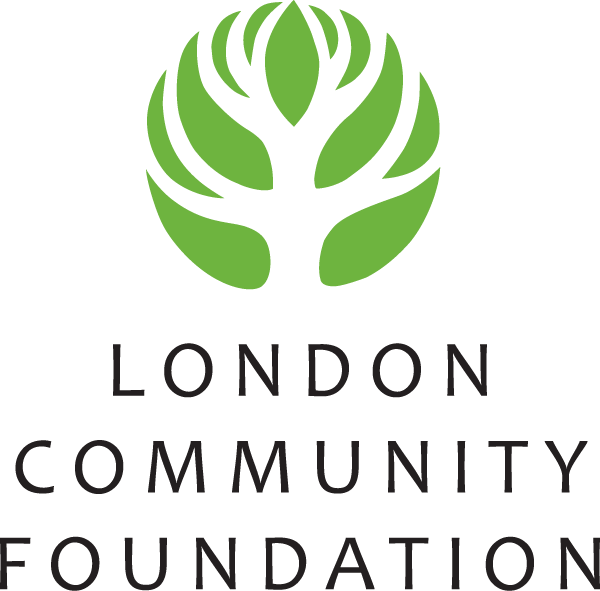Community Vitality 2022 - Southwest Ontario Aboriginal Health Access Centre
Community Vitality 2022
Southwest Ontario Aboriginal Health Access Centre
Minomode-zewin nunge-gehwin (Healthy ways of eating)
Grant: $135,016 for 1 year
Preparing food for the Minomode-zewin nunge-gehwin
Unlike conventional food banks, the Minomode-zewin nunge-gehwin is designed to work as a drop-in with a “take what you need” approach. Leveraging the strong relationships Southwest Ontario Aboriginal Health Access Centre (SOAHAC) has with local farmers, hunters and gatherers means that there will be a focus on traditional Indigenous food and health.
SOAHAC provides high quality, wholistic health and wellness services by sharing and promoting traditional Indigenous and western health practices. Services are provided to Indigenous people and their families, living on and off-reserve, in rural areas, and the urban Indigenous communities in and around London.
This unique pilot project will address food security amongst urban Indigenous families, while also using food as a means of cultural healing and reconnection, as participants will gain knowledge through storytelling. The $135,000 Community Vitality grant will allow for an expansion of the food offering, and the purchasing of the necessary equipment to go along with it, such as a new freezer. Being able to expand their offering is critical to SOAHAC, who’ve seen a staggering 470% increase in their clients reporting food insecurity to their healthcare provider from 2018 to 2021.
The Minomode-zewin nunge-gehwin or “healthy ways of eating” project will address food insecurity by offering a Traditional Foods Bank for urban indigenous families. This unique pilot project aims to use food as means of healing and reconnection to culture and will collect valuable information through storytelling. Additional funding will allow for expansion of the food offering and allow the basic needs cupboard to include more traditional indigenous foods.
“Minomode-zewin nunge-gehwin is a pilot project that aims to improve access for indigenous families to traditional foods and ways of preparing and preserving these foods,” says Jocelyn Zurbrigg, a dietitian at SOAHAC. “It not only addresses food insecurity but reconnects families with their traditional foods.”
As well as providing food, SOAHAC will also put on monthly sessions for the service users that teaches traditional ways of preparing, preserving and sharing food, giving further opportunities for participants to gain new and regain lost knowledge.
“This project addresses a call to action from the Truth and Reconciliation Commission of Canada (2015) by prioritizing decolonization in the food system and using food as a potential tool of healing and reconciliation,” says Jocelyn.
Find out more about the Community Vitality Grant program at LCF and SOAHAC.
Read about the other grantees:


